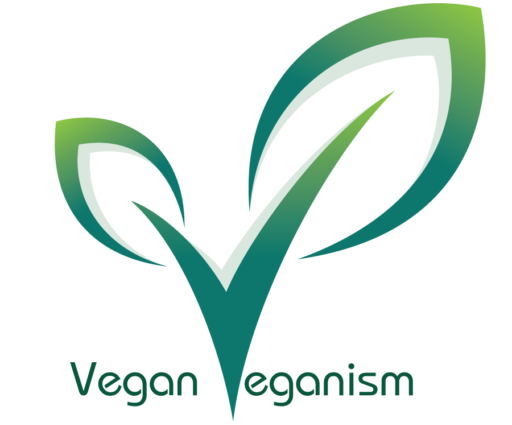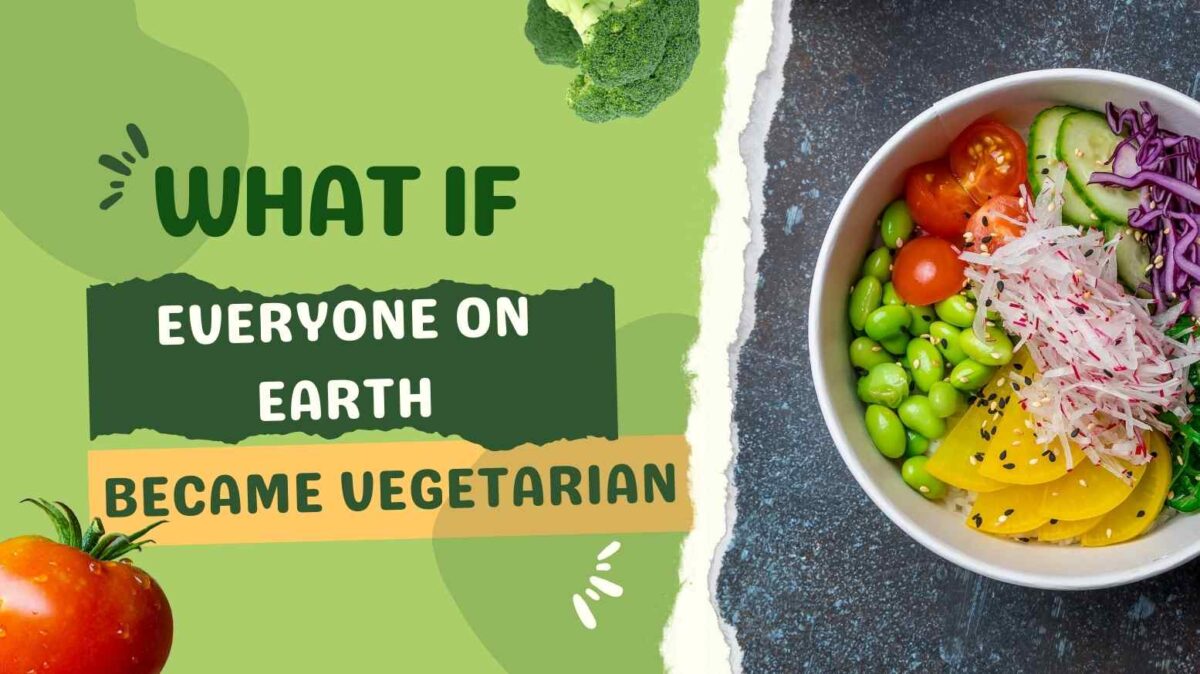Examining the fictitious possibility of a worldwide vegetarian movement raises interesting questions in the areas of the environment, health, the economy, and culture. Although the possibility of such a drastic shift presents difficult problems, it also provides a window into a world that has changed.
What would be the change in the environmental paradigm?
Reduction of Greenhouse Gases
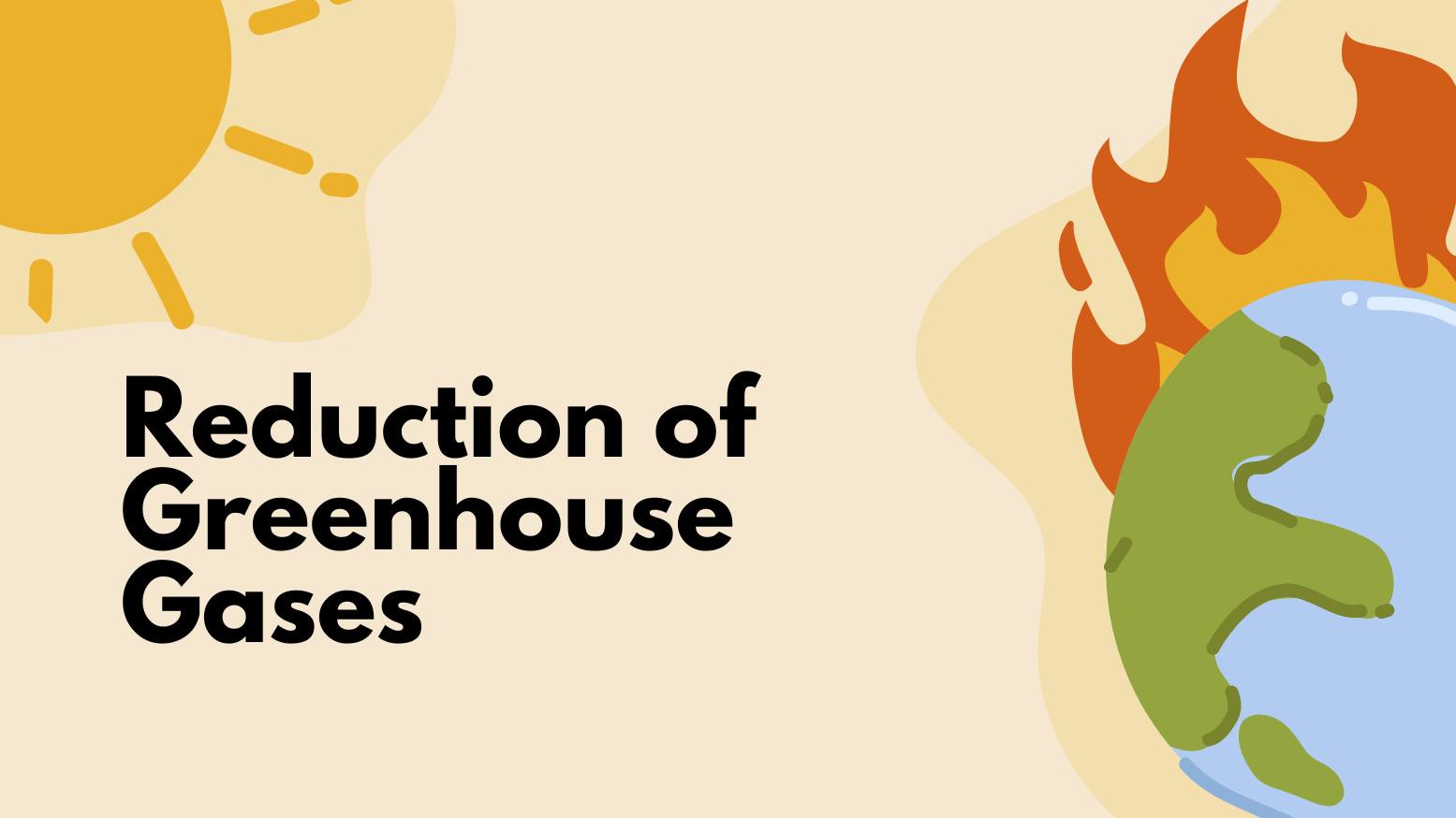
A considerable reduction in the consumption of meat would result in a major reduction of greenhouse gas emissions, especially methane from animals, which might potentially support global efforts to combat climate change.
Land Use and Biodiversity
Large tracts of land may become available if intensive cattle raising is abandoned. Repurposing this area could help with biodiversity protection, reforestation, and habitat restoration.
Water conservation
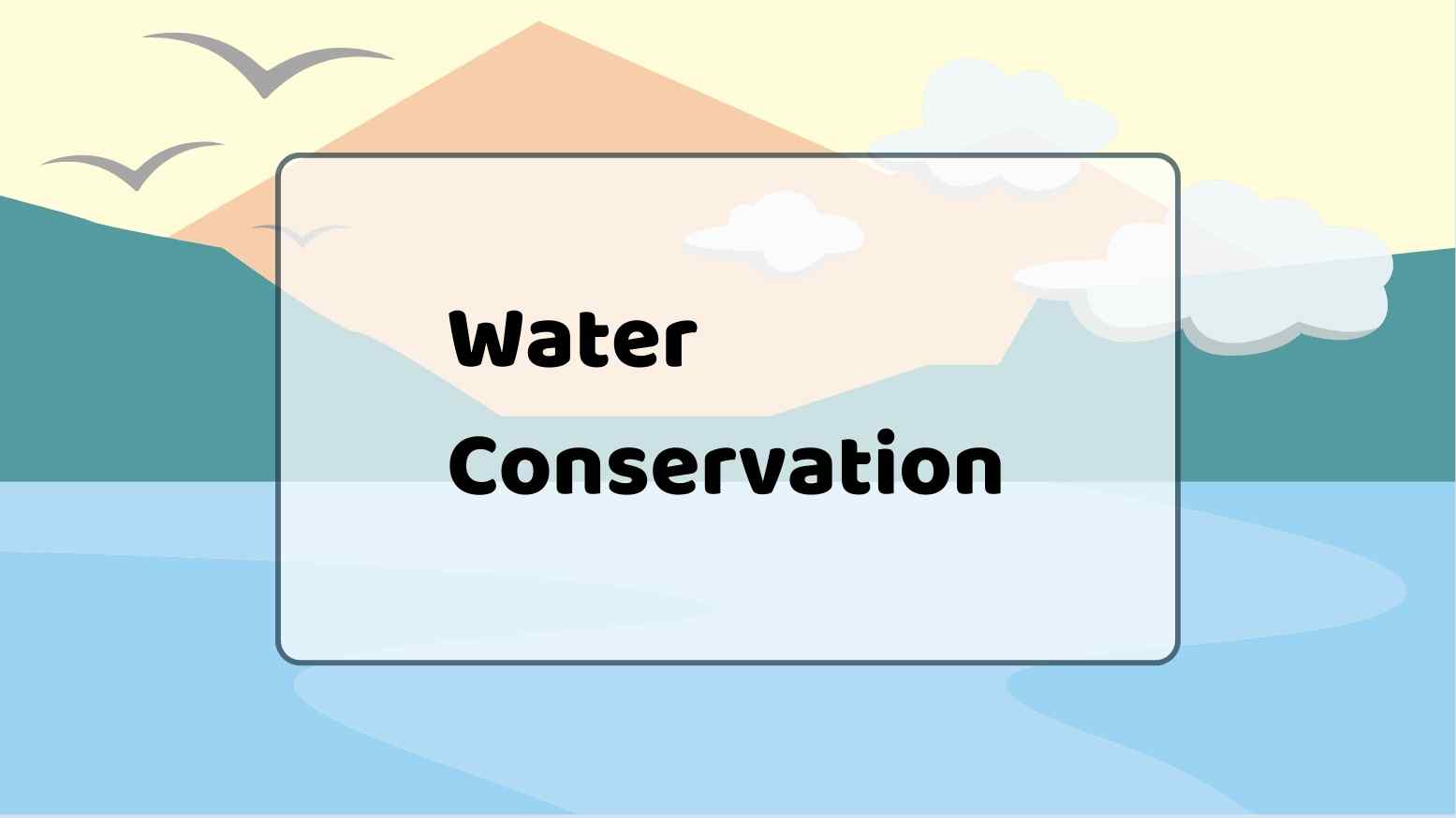
Raising livestock uses a lot of water. A global vegetarian movement might promote conservation efforts by reducing the strain on water supplies.
What would happen to the dynamics of health and food security?
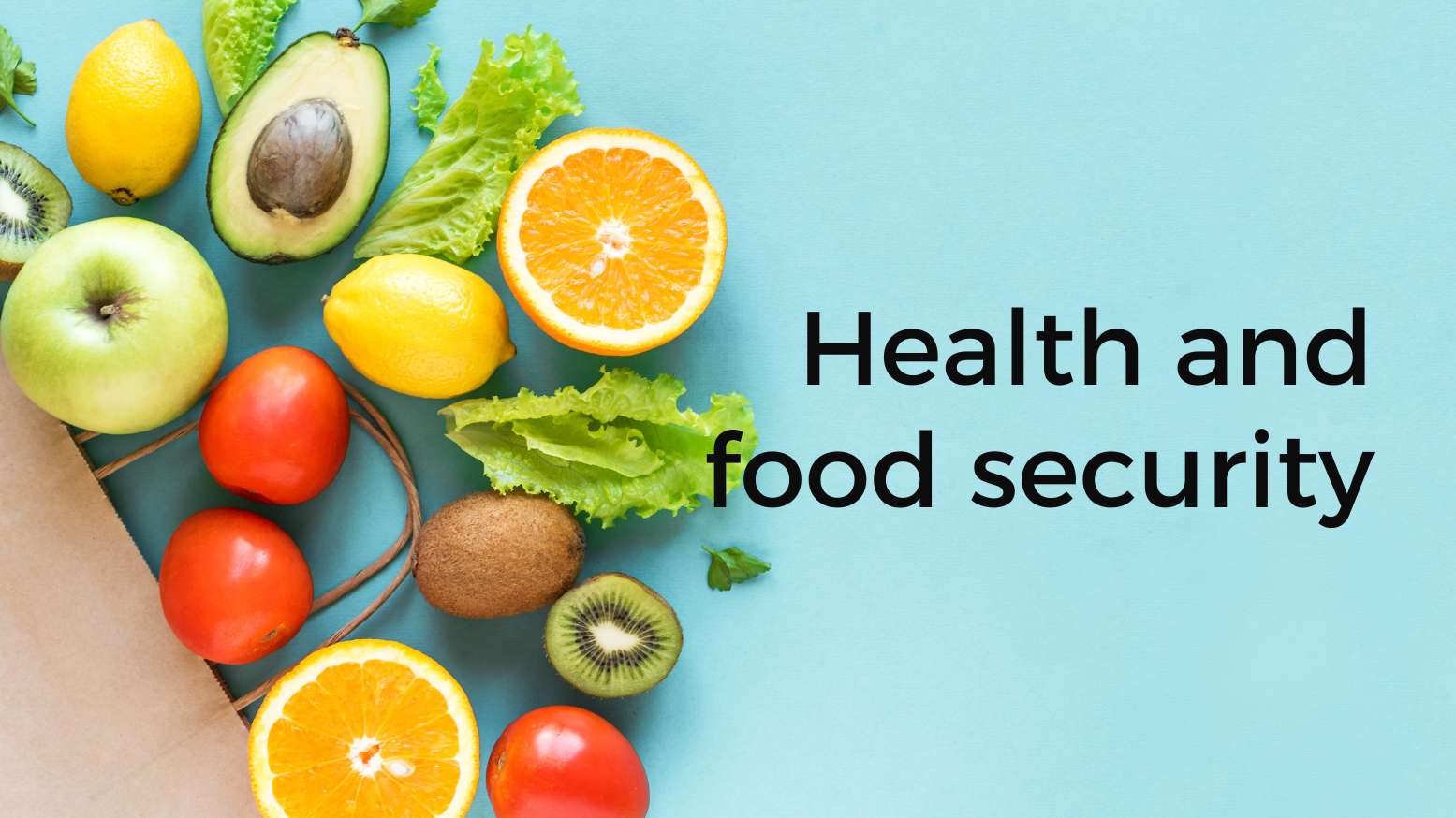
Healthier life
Better Diets Public health could improve if vegetarian diets are widely adopted and carefully thought out. A diet higher in fruits, vegetables, and whole grains may help to reduce the prevalence of chronic illnesses.
Enhanced Food Availability
If there is less of a demand for meat, resources may be shifted to plant-based protein sources, which might improve food security and help combat world poverty.
Ethical Considerations
Removing the moral questions associated with the killing of animals may appeal to people who are trying to live a more compassionate life and match their morals with their food choices.
What social and economic aspects should be taken into account?
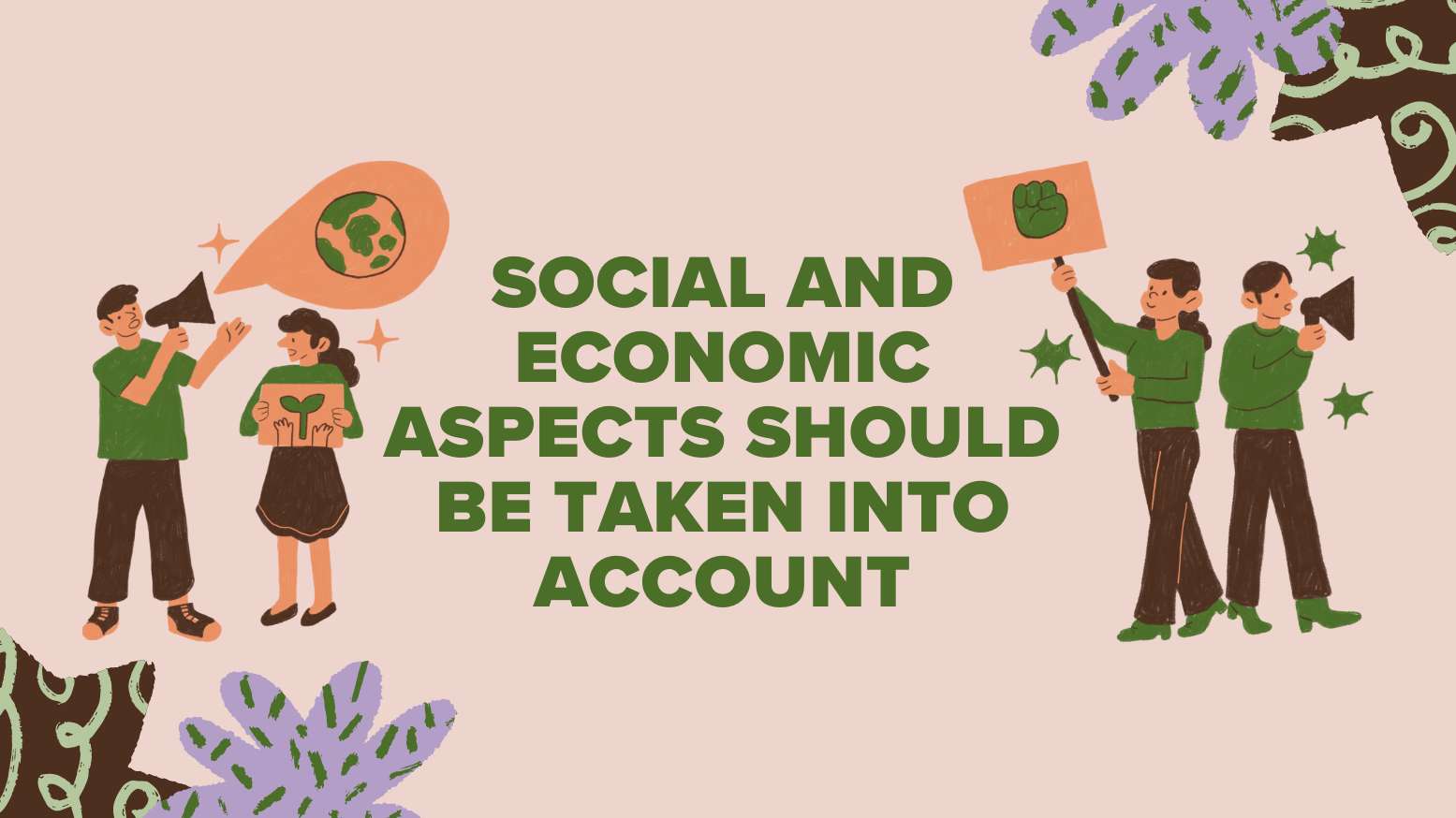
Challenges to a Livelihood
Millions of people work in the meat industry worldwide. Careful planning would be required to retrain and assist those whose livelihoods are entwined with the current meat-centric economy in the event of a vegetarian shift.
Cultural Transformations
Many cultures have a strong connection to the intake of meat. Public awareness campaigns, cultural sensitivity, and intensive education would all be necessary to bring about behavioral changes.
Nutritional Concerns
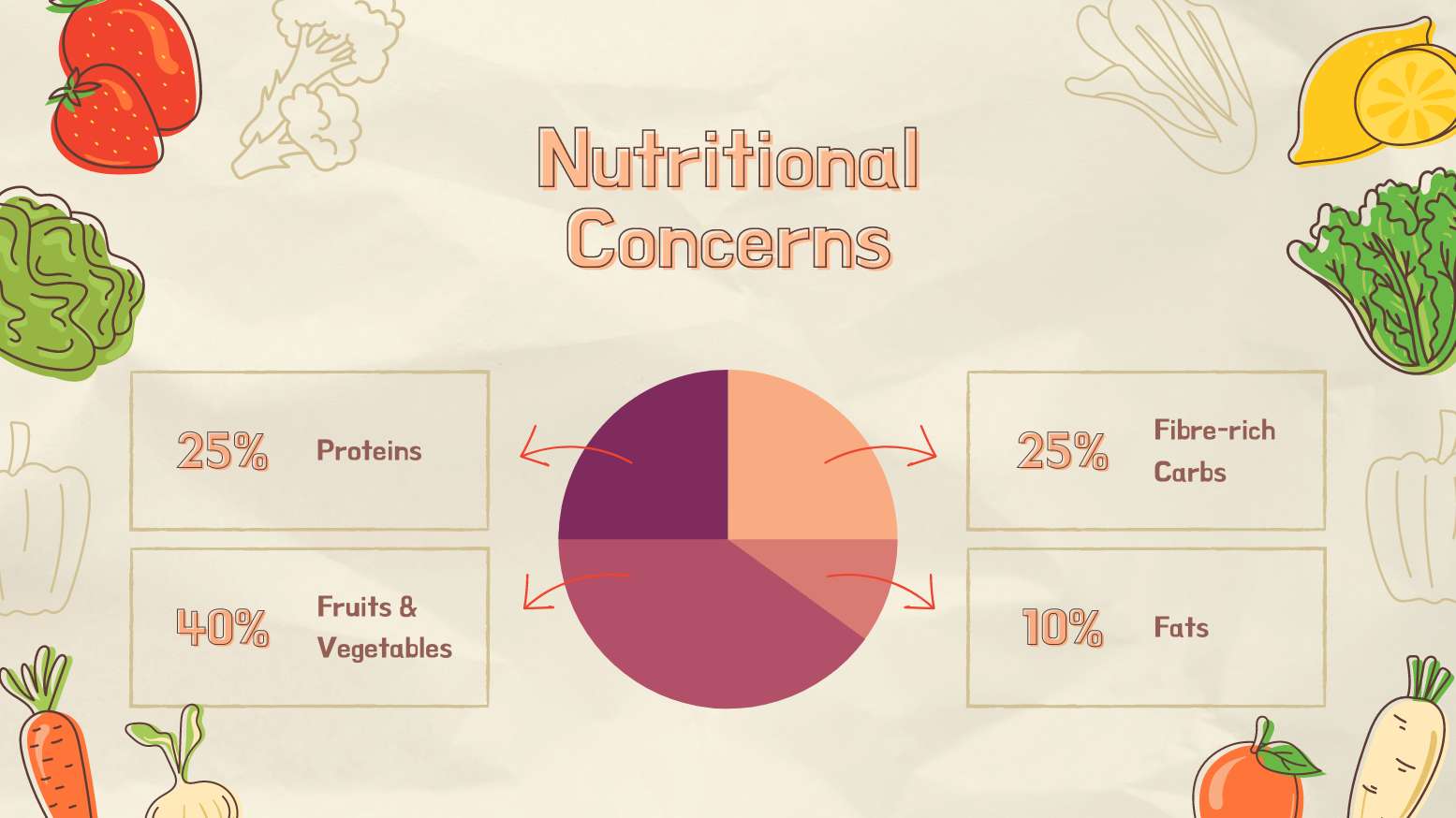
In a world without meat, ensuring an adequate intake of protein and nutrients would require infrastructure development, education, and possibly targeted supplementation for specific populations.
How to conduct yourself in the absence of vegetarianism?
Even though a worldwide vegetarian movement would still be difficult and gradual, thinking about it makes people think about sustainable alternatives, ethical food production methods, and how personal dietary decisions affect the environment and the suffering of animals.
Endorsing Ecological Methodologies
Even in the absence of widespread vegetarianism, promoting ethical meat production, cutting down on food waste, and embracing plant-based protein substitutes can help create a more sustainable food system.
Personal Decisions
Although a global change may be far off, individual decisions to eat more plant-based foods, consume meat in moderation, and reduce food waste can have a positive knock-on effect in promoting sustainability.
Open Dialogue
A more sustainable future can be achieved by having civil discussions regarding food production, its effects on the environment and society, and various alternatives.
The “what if” world vegetarianism is meant to be a mental exercise rather than a definitive path. Whether or not a total conversion to vegetarianism occurs, we can still make progress toward a more compassionate and sustainable food system by acknowledging the opportunities and problems it brings.
You may also like:
- What was your turning point that inspired you to become vegan
- Why do vegans eat mock meat-looking foods
- What is the most delicious vegetarian meal you’ve ever eaten
FAQs
1. How much could greenhouse gas emissions be reduced with global vegetarianism?
Estimates suggest a significant reduction in methane emissions from cows, potentially mitigating climate change efforts.
2. Would land use change dramatically?
Yes, vast tracts of land could be freed up for reforestation, biodiversity conservation, and sustainable agriculture.
3. Would water conservation be impacted?
Absolutely. Livestock rearing uses immense water resources, so a vegetarian shift could significantly reduce pressure on water supplies.
4. Could vegetarian diets improve public health?
Yes, well-planned vegetarian diets rich in fruits, vegetables, and whole grains could lead to better health and reduced chronic diseases.
5. Would food availability increase?
Potentially. Reduced meat demand could free up resources for producing more plant-based protein sources, improving food security.
6. Are there ethical considerations?
Eliminating animal slaughter concerns could resonate with individuals seeking a more compassionate lifestyle.
7. How would millions of meat industry workers be supported?
Careful planning and retraining programs would be crucial to ensure their economic security.
8. How can cultural resistance be overcome?
Extensive education, public awareness campaigns, and cultural sensitivity would be necessary to address ingrained traditions.
9. Could everyone get enough nutrients without meat?
Education, infrastructure development, and targeted supplementation might be needed to ensure adequate protein and nutrient intake.
10. What can I do without everyone going vegetarian?
Choose sustainable practices like responsible meat consumption, reduced food waste, and plant-based protein alternatives.
11. How can small changes make a difference?
Opting for more plant-based meals, moderating meat consumption, and reducing food waste can create a positive ripple effect.
12. How can we encourage discussions about food choices?
Engaging in respectful conversations about food production, its environmental and ethical implications, and diverse solutions can pave the way for a better future.
